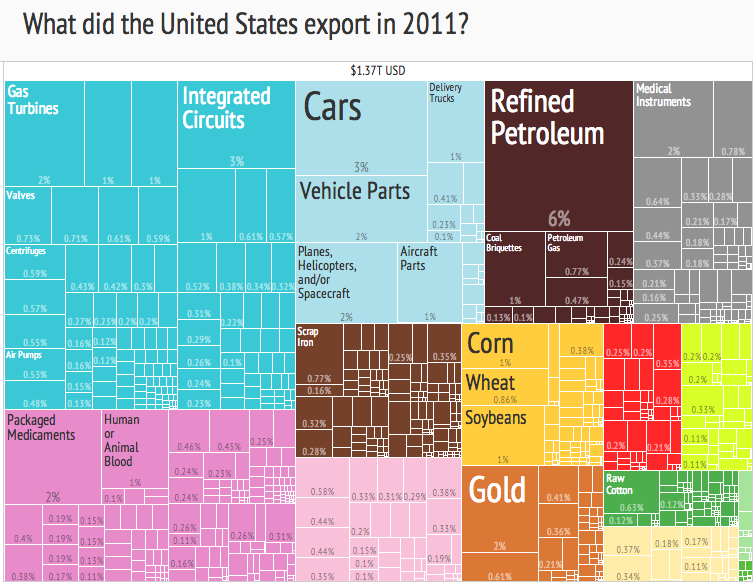Raymond Hinnebusch The International Politics Of The Middle East Pdf


Publisher: Manchester University Press ISBN: edition 2003 PDF 240 pages 1 mb This book provides a comprehensive analysis of Middle East international politics in the light of international relations theory. It assesses the impact of international penetration, including the historic formation of the regional state system, the continued role of external great powers, and the incorporation of the region into the international capitalist market. It examines the region's distinctive dialect between trans-state identities, Arabism and Islam, and the consolidation of a sovereign state system.
Globalization and the Politics of Development in the Middle East. New York: Cambridge University Press, 2001 (Hereafter, Henry and Springborg, 2001). The Tragedy of the Middle East. New York: Cambridge University Press 2002. (Hereafter, Rubin, 2002). Recommended Readings. Raymond Hinnebusch. The International Politics of the Middle East. The international politics of the Middle East, 2nd Edition Second edition Raymond Hinnebusch. Scientist Dub 911 Rar. Published by Manchester University Press. The only book that.
It looks at the consequences of state formation for the ability of state elites to manage the external and domestic arenas in which they must operate; and it analyzes the impact of the foreign policy process in individual states.
One of the major internationally recognised works on the international politics of the Middle East, this book systematically combines International Relations theory and Middle East case studies to provide a macro overview of the international relations of the region. The book has been widely used at both undergraduate levels, Masters degree and PhD levels. In providing a unique interpretation of Middle East North African (MENA) international politics, it will also be valuable for scholars of the region. The book provide readers with both theoretical and concrete information, with theoretically-framed major topics, liberally illustrated with case study material on key dimensions of regional politics. Topics include the place of the Middle East in the wider global system; the role of Arabism and Islam in regional politics; the impact of state formation in the region on its international relations; comparative foreign policy making looking at pivotal country cases, including Egypt, Syria, Saudi Arabia and Turkey; major regional wars and efforts at order building; the role of US hegemony and the two Iraq wars; and the impact of the Arab Uprising on regional politics.
'Distinguished in part by its careful attention to theory and alternative approaches to the region, Hinnebusch's International Relations of the Middle East quickly became one of the most important statements on the Middle East when it was published in 2003. A lot has happened since then, and his thoroughly revised and updated text, once again, stands heads and shoulders above the rest. Indeed, one of the real contributions of the latest edition is that it carefully situates, historically and analytically, the region's convulsions in broader perspective, allowing the readers to better understand the continuity and ruptures of the history of the region.' Michael Barnett, The George Washington University 'Following the growing number of calls in recent years for more dialogue between IR theory and the study of the Middle East this ambitious and very impressive volume by a truly 'dual-hatted' scholar brilliantly shows how insights from these two fields of study can be integrated and why such cross-fertilization will not only enrich our understanding of international relations of the Middle East but also contribute in important ways to broader IR-debates.' Morten Valbjorn, Aarhus University 'This is a wonderful and updated study of the international relations of the Middle East. It's at once thematic and historical, analytical and substantive. Hinnebusch combines theoretical strength with deep knowledge of a region in turmoil, as he persuasively places the era of the Arab uprisings in a much broader historical context.